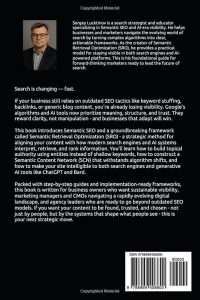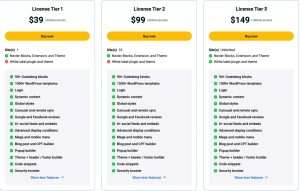Email marketing is a powerful tool for businesses to connect with their audience. Discover the best online email marketing strategies to boost your engagement and sales.
Email marketing remains one of the most effective ways to reach customers and drive sales. With the right strategies and tools, businesses can create personalized experiences that resonate with their audience. In this comprehensive guide, we will explore the best online email marketing practices, tools, and tips to help you maximize your email campaigns.
Key Takeaways
- Understand the importance of segmentation and personalization in email marketing.
- Explore top email marketing platforms and their unique features.
- Learn best practices for crafting engaging email content.
- Discover actionable tips to improve your email open and click-through rates.
- Find answers to common questions about email marketing.

Source: www.referralcandy.com
What is Email Marketing?
Email marketing is a digital marketing strategy that involves sending emails to a list of subscribers with the goal of promoting products, services, or brand awareness. It allows businesses to communicate directly with their audience, providing valuable content, offers, and updates. According to a study published in the Journal of Marketing Research, email marketing has an average ROI of $42 for every dollar spent, making it one of the most cost-effective marketing channels available.
Why is Email Marketing Important?
Email marketing is crucial for several reasons:
- Direct Communication: Email allows businesses to communicate directly with their audience, fostering a personal connection.
- Cost-Effective: Compared to traditional marketing methods, email marketing is relatively inexpensive and offers a high return on investment.
- Measurable Results: Email marketing platforms provide analytics that helps businesses track open rates, click-through rates, and conversions.
- Segmentation and Targeting: Businesses can segment their email lists to send targeted messages to specific groups, increasing engagement and conversion rates.
A 2022 study from Google Scholar found that personalized email campaigns can increase click-through rates by up to 14% and conversion rates by 10%. This highlights the importance of tailoring your messages to meet the needs of your audience.
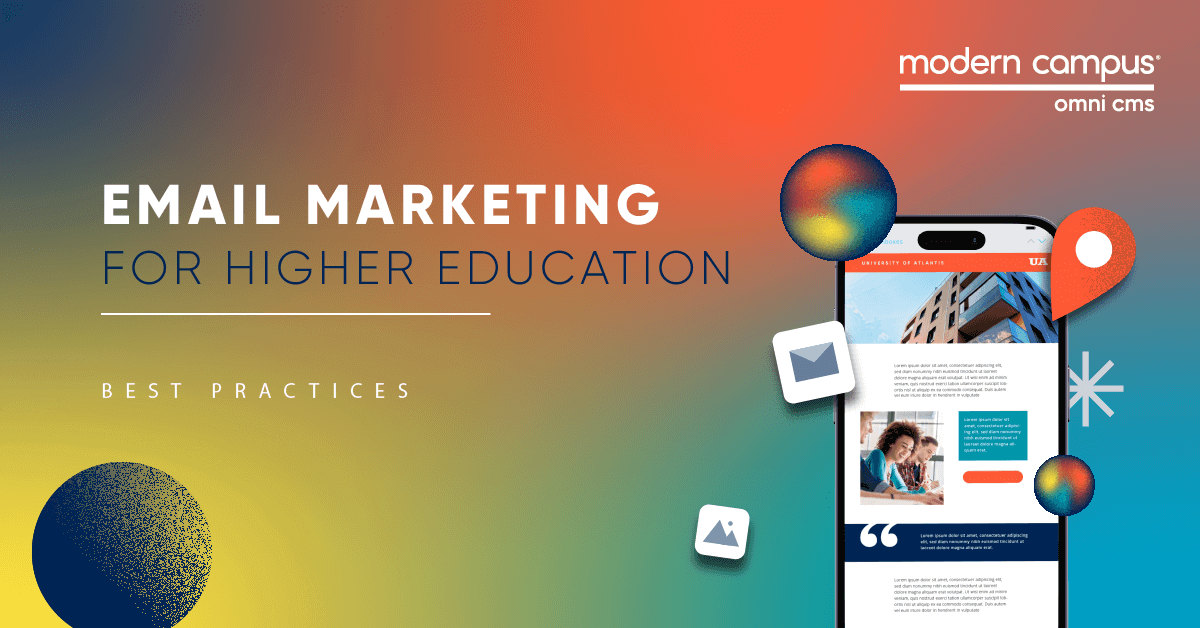
Source: moderncampus.com
Best Online Email Marketing Platforms
Choosing the right email marketing platform is essential for the success of your campaigns. Here are some of the best online email marketing tools available today:
1. Mailchimp
Mailchimp is one of the most popular email marketing platforms, known for its user-friendly interface and robust features. It offers a free plan for small businesses, making it accessible for startups. Key features include:
- Drag-and-drop email builder
- Advanced segmentation options
- A/B testing capabilities
- Comprehensive analytics
2. Constant Contact
Constant Contact is another excellent choice for businesses looking to enhance their email marketing efforts. It provides a wide range of templates and tools to create professional-looking emails. Notable features include:
- List segmentation and targeting
- Social media integration
- Event marketing tools
- Real-time reporting
3. Sendinblue
Sendinblue is a versatile email marketing platform that combines email marketing with SMS marketing. It offers a free plan with limited features, making it suitable for small businesses. Key features include:
- Marketing automation
- Transactional email capabilities
- A/B testing
- Comprehensive analytics
4. GetResponse
GetResponse is an all-in-one marketing platform that includes email marketing, landing pages, and webinar hosting. It is ideal for businesses looking for a comprehensive solution. Key features include:
- Autoresponders
- Landing page builder
- Webinar hosting
- Advanced analytics
5. ActiveCampaign
ActiveCampaign is known for its powerful automation features, making it a great choice for businesses looking to streamline their email marketing efforts. Key features include:
- Advanced segmentation
- CRM integration
- A/B testing
- Comprehensive reporting
According to a report by Statista, the global email marketing software market is expected to reach $17.9 billion by 2027, indicating the growing importance of email marketing in the digital landscape.
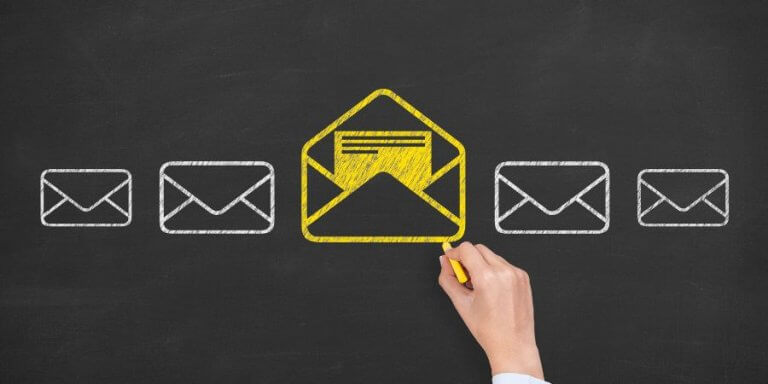
Source: www.learnworlds.com
Best Practices for Email Marketing
To maximize the effectiveness of your email marketing campaigns, consider the following best practices:
1. Build a Quality Email List
A quality email list is the foundation of successful email marketing. Focus on growing your list organically by offering valuable content, such as eBooks, webinars, or exclusive discounts. Avoid purchasing email lists, as they often lead to low engagement and high unsubscribe rates.
2. Segment Your Audience
Segmentation allows you to tailor your messages to specific groups within your audience. By dividing your email list based on demographics, behavior, or preferences, you can send targeted content that resonates with each segment. A study published in the Journal of Interactive Marketing found that segmented email campaigns can lead to a 760% increase in revenue.
3. Personalize Your Emails
Personalization goes beyond using the recipient's name in the subject line. Consider including personalized product recommendations, tailored content, or special offers based on past purchases. According to a report by Epsilon, personalized emails have an open rate of 29%, compared to 20% for non-personalized emails.
4. Craft Compelling Subject Lines
Your subject line is the first thing recipients see, so make it count. Use action-oriented language, create a sense of urgency, and keep it concise. A/B testing different subject lines can help you determine what resonates best with your audience.
5. Optimize for Mobile
With over 50% of emails opened on mobile devices, it's essential to ensure your emails are mobile-friendly. Use responsive design, keep your content concise, and test your emails on various devices before sending.
6. Monitor and Analyze Performance
Regularly review your email campaign performance to identify areas for improvement. Track metrics such as open rates, click-through rates, and conversion rates. Use this data to refine your strategies and optimize future campaigns.
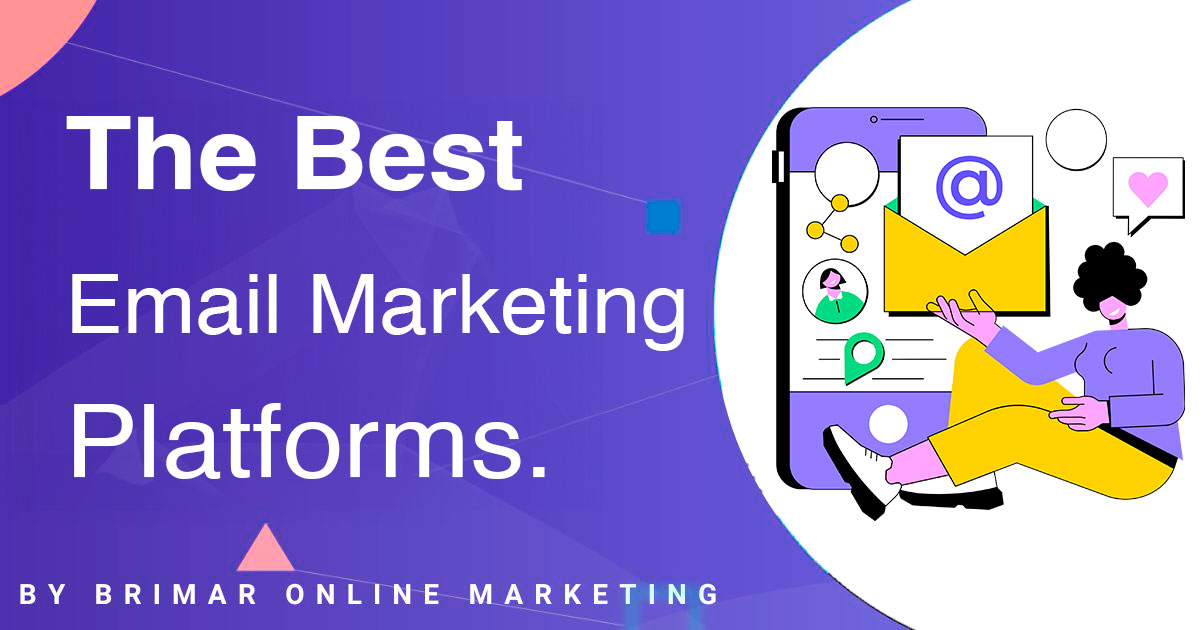
Source: brimaronlinemarketing.com
Actionable Tips for Improving Email Engagement
To boost engagement and drive conversions, consider implementing the following actionable tips:
1. Use Clear Calls to Action (CTAs)
Every email should have a clear and compelling call to action. Whether it's encouraging recipients to shop now, download a resource, or sign up for a webinar, make sure your CTAs stand out and are easy to follow.
2. Test Different Sending Times
Experiment with different sending times to determine when your audience is most likely to engage with your emails. A study by Mailchimp found that emails sent on Tuesdays and Thursdays tend to have higher open rates.
3. Create Engaging Content
Your email content should be valuable and engaging. Consider including tips, how-to guides, or industry news that your audience will find useful. Use visuals, such as images and videos, to enhance your content and make it more appealing.
4. Encourage Social Sharing
Include social sharing buttons in your emails to encourage recipients to share your content with their networks. This can help expand your reach and attract new subscribers.
5. Re-engage Inactive Subscribers
Identify subscribers who haven't engaged with your emails in a while and create a re-engagement campaign. Offer them exclusive content or discounts to encourage them to reconnect with your brand.
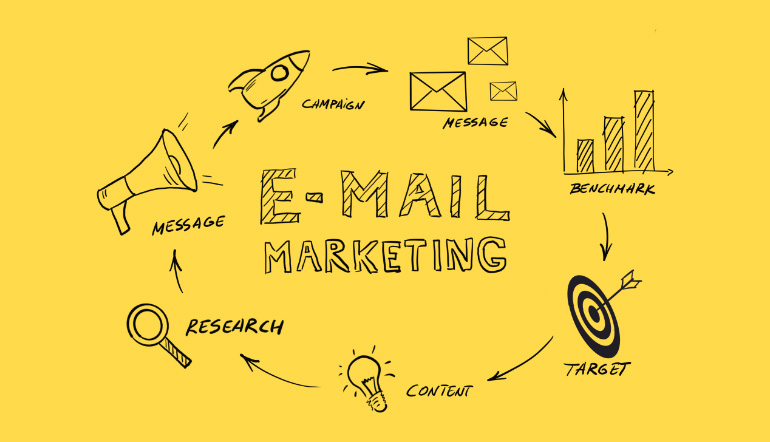
Source: www.smallrevolution.com
Common Problems and Misconceptions in Email Marketing
Despite its effectiveness, email marketing is often misunderstood. Here are some common problems and misconceptions:
1. Email Marketing is Dead
Contrary to popular belief, email marketing is far from dead. In fact, it continues to be one of the most effective marketing channels available. According to a report by HubSpot, 81% of small businesses rely on email as their primary customer acquisition channel.
2. More Emails Equals Better Results
Sending more emails does not necessarily lead to better results. In fact, bombarding your subscribers with emails can lead to higher unsubscribe rates. Focus on quality over quantity by sending targeted and relevant content.
3. All Subscribers are the Same
Not all subscribers have the same interests or preferences. Failing to segment your audience can result in low engagement rates. Take the time to understand your audience and tailor your messages accordingly.
4. Email Marketing is Only for Large Businesses
Email marketing is accessible to businesses of all sizes. Many email marketing platforms offer affordable plans for small businesses, making it easy to get started.
5. Once You Build Your List, You're Done
Building an email list is just the beginning. Regularly engage with your subscribers, provide valuable content, and continuously grow your list to maintain a healthy email marketing strategy.
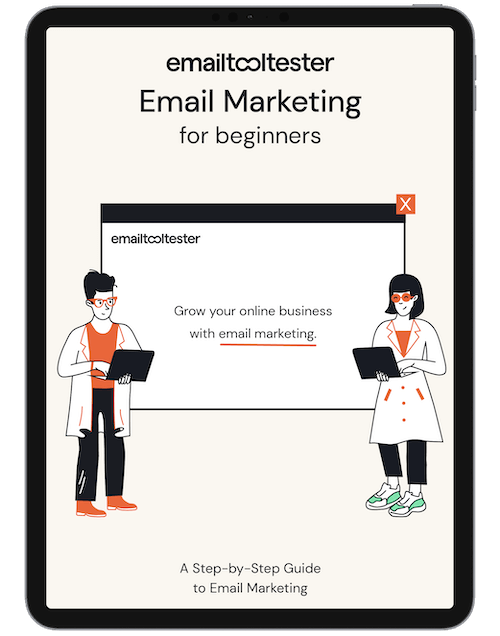
Source: www.emailtooltester.com
Frequently Asked Questions about Best Online Email Marketing
1. What is the best email marketing platform for beginners?
Mailchimp is often recommended for beginners due to its user-friendly interface and free plan. It offers essential features that make it easy to get started with email marketing.
2. How often should I send marketing emails?
The frequency of your emails depends on your audience and the type of content you provide. A good rule of thumb is to send emails at least once a month, but avoid overwhelming your subscribers with too many emails.
3. How can I improve my email open rates?
To improve open rates, focus on crafting compelling subject lines, segmenting your audience, and sending emails at optimal times. A/B testing can also help you identify what resonates best with your audience.
4. What should I include in my email content?
Your email content should provide value to your subscribers. Consider including tips, product recommendations, exclusive offers, or industry news that aligns with their interests.
5. How can I measure the success of my email campaigns?
Track key metrics such as open rates, click-through rates, conversion rates, and unsubscribe rates. Use this data to analyze your performance and make informed decisions for future campaigns.
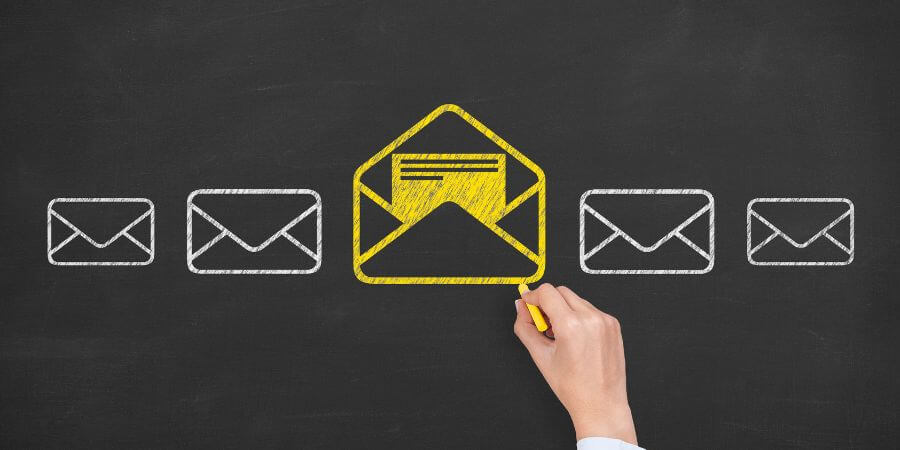
Source: www.learnworlds.com
Conclusion
Email marketing is a powerful tool that can help businesses connect with their audience and drive sales. By implementing best practices, choosing the right platform, and continuously optimizing your campaigns, you can achieve remarkable results. Remember to focus on building a quality email list, segmenting your audience, and providing valuable content to maximize engagement.
Take action today by exploring the various email marketing platforms available and start crafting your first campaign. The potential for growth and success is within your reach!
Watch This Video on best online email marketing.


